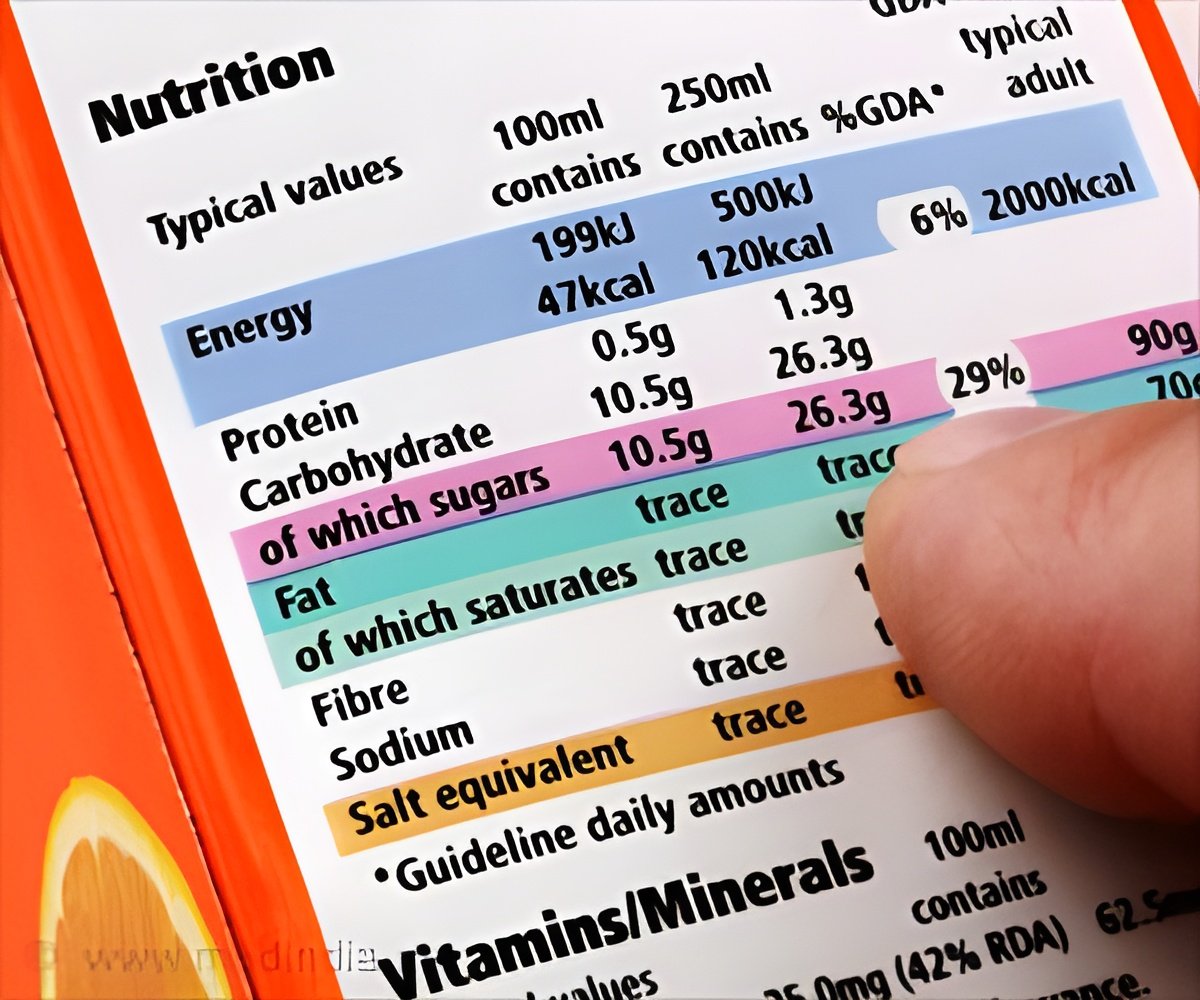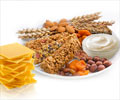New study finds that seeing food images with calorie content makes food less appealing and changes the way your brain reacts to the food.

TOP INSIGHT
To motivate people to make healthier and wholesome food choices, policy changes are required that include not only nutritional information, calorie content but also a public education element, which strengthens the long-term benefits of a healthy diet.
Read More..
"Our findings suggest that calorie-labeling may alter responses in the brain's reward system when considering food options. Moreover, we believe that nutritional interventions are likely to be more successful if they take into account the motivation of the consumer, including whether or not they diet," says first author Andrea Courtney, who was a graduate student in the department of psychological and brain sciences at Dartmouth at the time of the study and is currently a postdoctoral student at the Stanford Social Neuroscience Lab at Stanford University.
For the study conducted at Dartmouth, 42 undergraduate students (ages 18 to 22) viewed 180 food images without calorie information followed by images with calorie information and were asked to rate their desire to eat the food while in a functional magnetic resonance imaging scanner (fMRI). The images were obtained from either the food pics database or popular, fast food restaurant websites that post calorie information. The 22 dieters and 20 non-dieters viewed the same set of images, including foods such as a cheeseburger, a side of French fries or a slice of cherry cheesecake. On a scale from 1 to 4 (1 = not at all, four = very much), they indicated how likely they would be to eat the food in the dining hall.
While dieters and non-dieters alike rated calorie-labeled foods as less appetizing, this effect was strongest among dieters. Further, the researchers analyzed responses in two brain regions that motivate eating behavior: the nucleus accumbens (NAcc) and the orbitofrontal cortex (OFC). Although all participants showed a decrease in activation in these areas when calorie information was present, dieters showed more similar activation patterns in the left OFC for calorie-labeled and unlabeled foods. This finding suggests that dieters may consider calorie information even when it isn't explicitly present and builds on previous research suggesting that the presence of health cues can lead to healthier food decisions.
"In order to motivate people to make healthier food choices, policy changes are needed that incorporate not only nutritional information, including calorie content but also a public education component, which reinforces the long-term benefits of a healthy diet," added senior author Kristina Rapuano, who was a graduate student in the department of psychological and brain sciences at Dartmouth at the time of the study and is currently a postdoctoral student at the Fundamentals of the Adolescent Brain Lab at Yale University.
 MEDINDIA
MEDINDIA




 Email
Email










